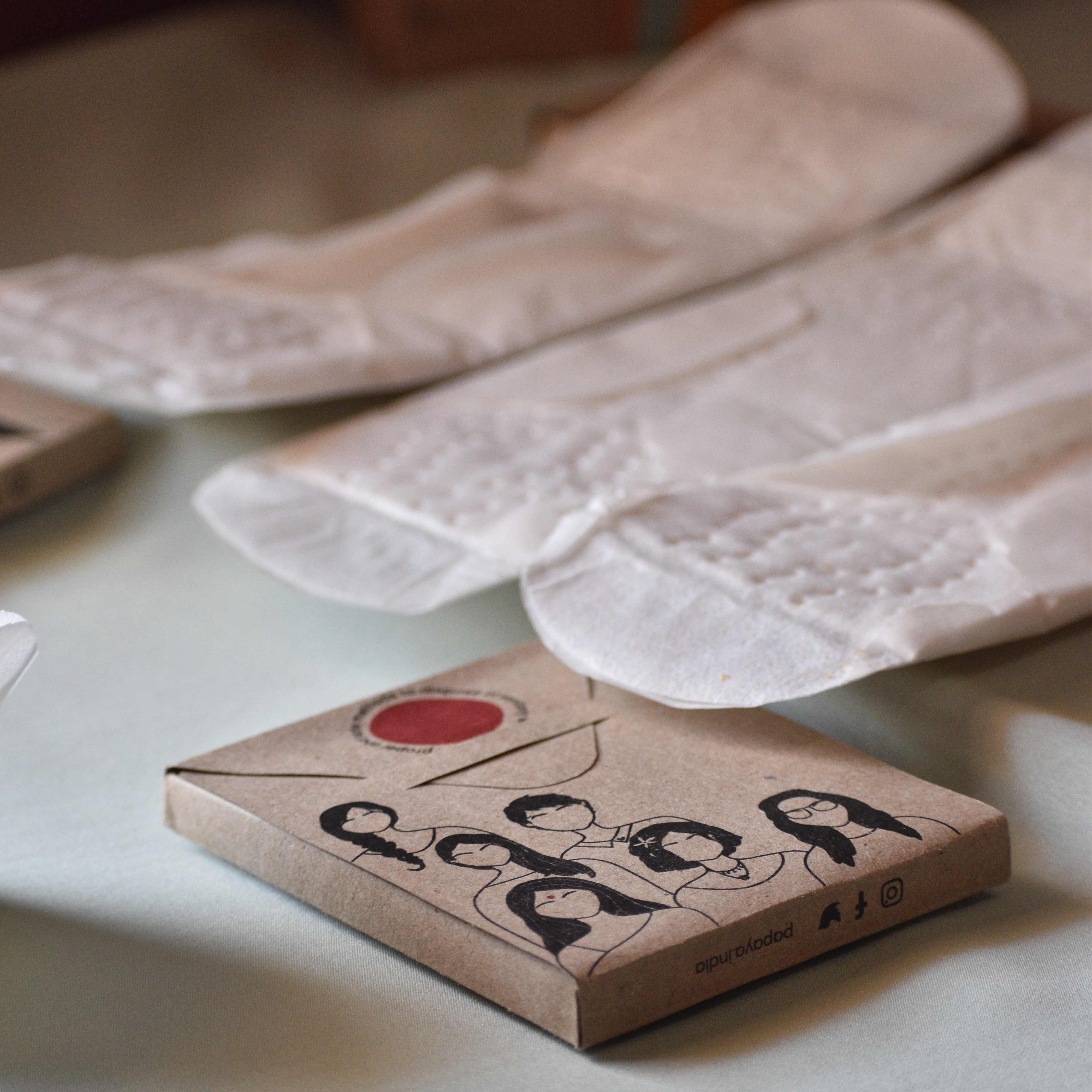
10% OFF!
Say hello to your new favorite pad.
Sign up and get 10% off your first order!
Join our community <3
+91
FIRST10!
Use this code at checkout!